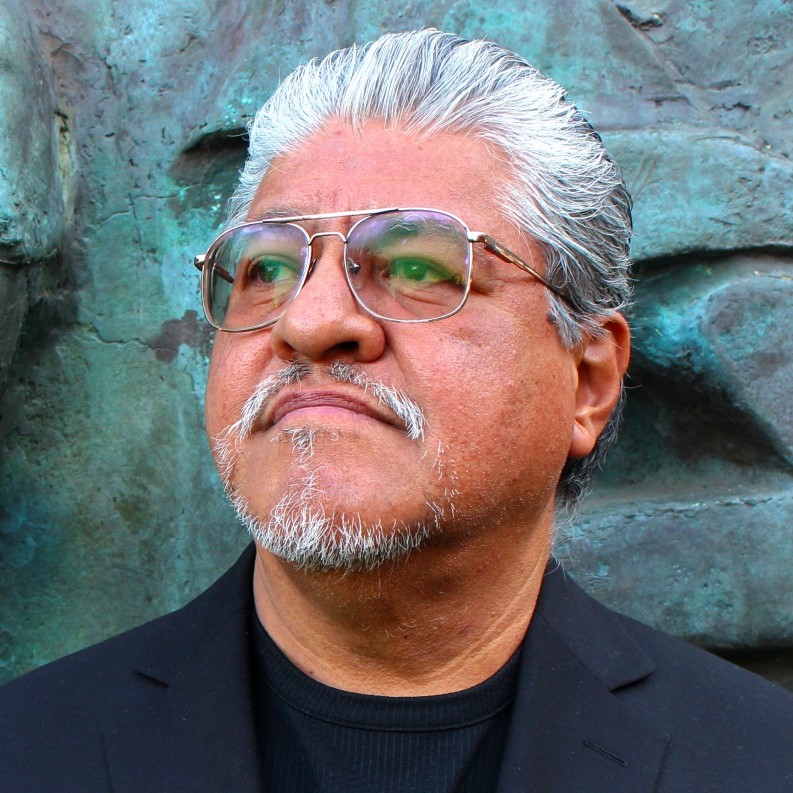Watts bleeds
leaving stained reminders
on dusty sidewalks.
Here where I strut alone
as glass lies broken by my feet
and a blanket of darkness is slung
across the wooden shacks
of nuetsra colonia.
Watts bleeds
dripping from carcasses of dreams:
Where despair
is old people
sitting on torn patio sofas
with empty eyes
and children running down alleys
with big sticks.
Watts bleeds
on vacant lots
and burned-out buildings–
temples desolated by a people’s rage.
Where fear is a deep river.
Where hate is an overgrown weed.
Watts bleeds
even as we laugh,
recall good times,
drink and welcome daylight
through the broken windshield
of an old Impala.
Here is the Watts of my youth,
where teachers threw me
from classroom to classroom,
not knowing where I could fit in.
Where I learned to fight or run,
where I zigzagged down alleys,
jumped over fences,
and raced by graffiti on crumbling
factory walls.
Where we played
between boxcars,
bleeding from
broken limbs and torn flesh,
and where years later
we shot up carga
in the playground
of our childhood.
Watts bleeds
as the shadow of the damned
engulfs all the chinga of our lives.
In the warmth of a summer night,
gunshots echo their deadly song
through the silence of fear;
prelude to a heartbeat.
Watts bleeds
as I bled
getting laid-off from work,
standing by my baby’s crib,
touching his soft check
and fingering his small hand
as dreams shatter again,
dreams of fathers
for little men.
Watts bleeds
and the city hemorrhages,
unable to stop the flow
from this swollen and festering sore.
Oh bloom, you trampled flower!
Come alive as once
you tried to do from the ashes.
Watts, bleeding and angry,
you will be free.
Published:
1991
Length:
Regular
Literary Movements:
Chicano Poetry
Contemporary
Anthology Years:
2024
Themes:
Childhood & Coming of Age
Poems of Place
Literary Devices:
Anaphora
a figure of speech in which words repeat at the beginning of successive clauses, phrases, or sentences
Personification
the attribution of human qualities to a non-human thing
Polyptoton
The use of multiple words with the same root in different forms.
Repetition
a recurrence of the same word or phrase two or more times
Transferred Epithet
When an adjective usually used to describe one thing is transferred to another.

